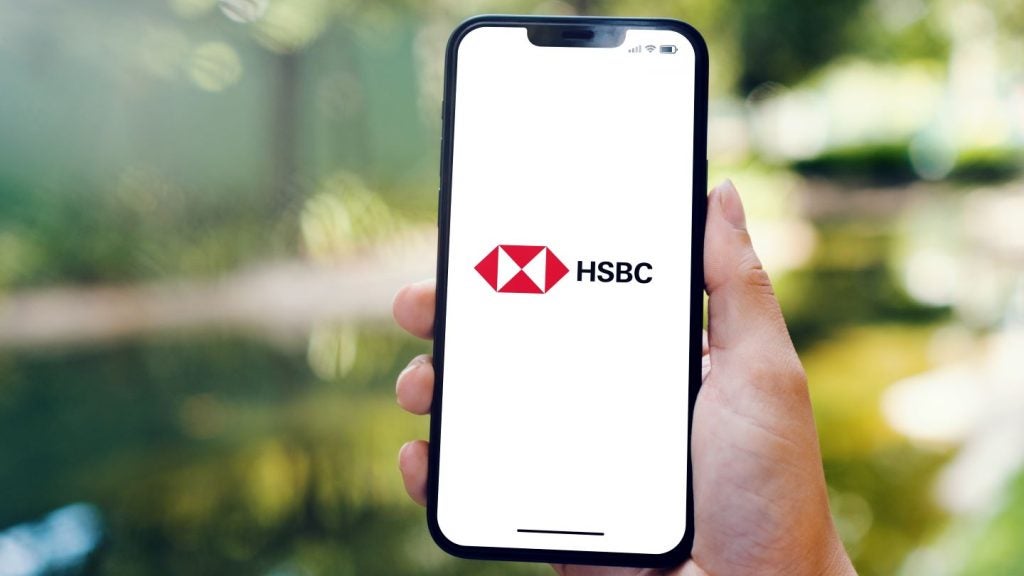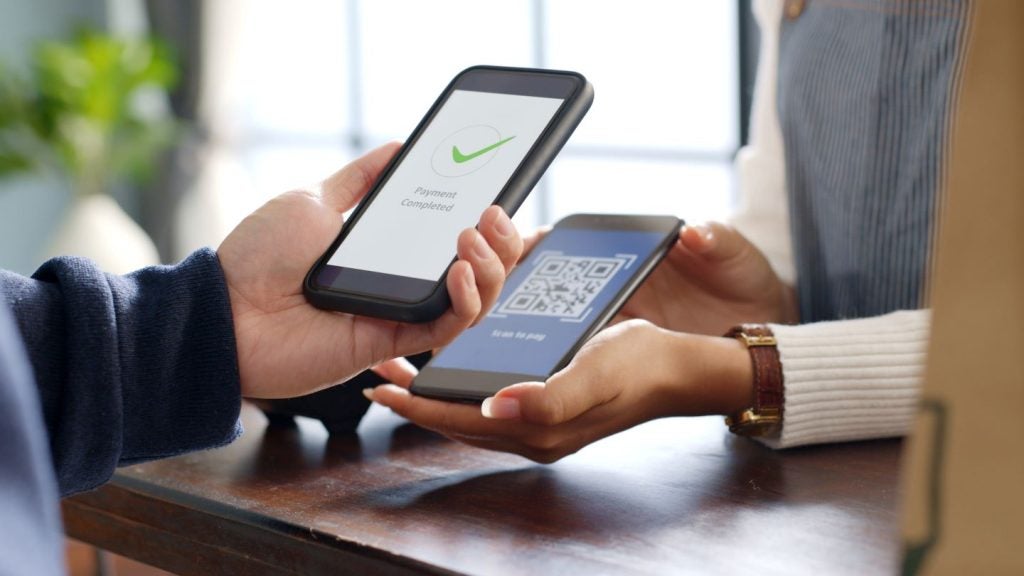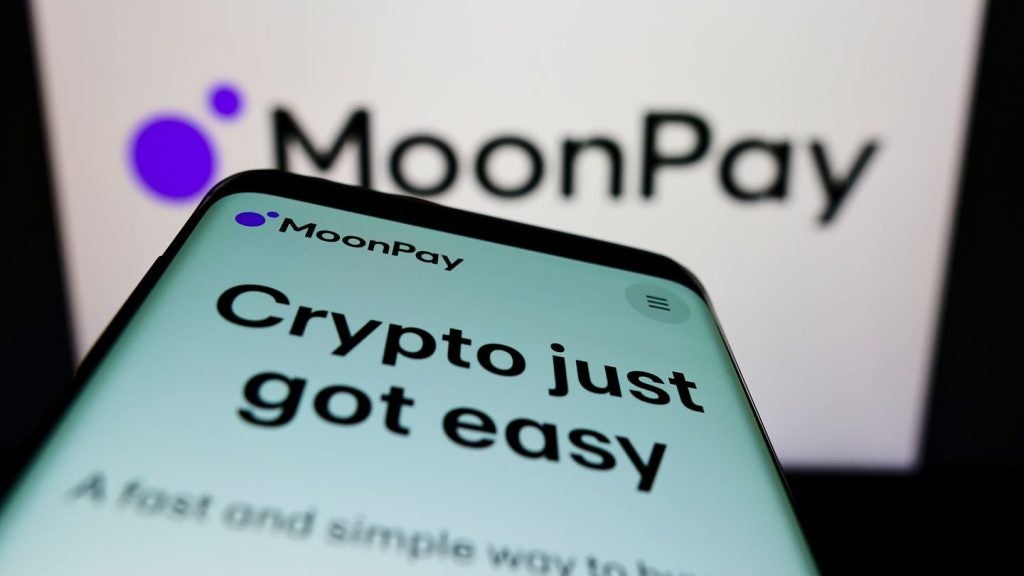Today, there are two billion adults globally who are still considered ‘unbanked’ by The World Bank, however this figure is being addressed. Since 2011 the number of people with a bank account has jumped dramatically by 11%. Progress is being made by opening up financial services to people in developing countries – people who were previously excluded altogether. Eric Barbier, CEO, TransferTo, writes
Financial inclusion for the ‘unbanked’
These people who are considered to be unbanked typically receive a small salary and make transactions in cash, but don’t have a bank account to store money, make interest on savings or the ability to borrow money for a loan or mortgage, for instance. Helping these people to become banked is clearly important – even life changing – enabling people to move out of poverty.
In order to welcome unbanked people worldwide into the financial network, and offer them the financial services they deserve there needs to be radical change to the financial industry. Despite progress, a problem remains; banks have no desire to invest their efforts into developing economies due to the low return and risks associated with unstable countries. However there is a huge potential customer base who long to use financial services – it is estimated by The World Bank that around 38% of adults worldwide remain excluded from the financial system.
What is Mobile Money and how can it help?
Mobile Money is a financial service similar to a bank account offered by local mobile operators (M-Pesa, MTN, Airtel etc.) and available on any mobile device – whether this is internet connected or a basic feature phone with SMS and USSD capabilities. The mobile phone number becomes the Mobile Money account number. The mobile phone device becomes the equivalent of the debit card. As a user, you can pay bills directly from your mobile and also buy mobile airtime, send money to friends and family, pay directly at stores and get cash by going to any agent of the mobile operator.
How well do you really know your competitors?
Access the most comprehensive Company Profiles on the market, powered by GlobalData. Save hours of research. Gain competitive edge.

Thank you!
Your download email will arrive shortly
Not ready to buy yet? Download a free sample
We are confident about the unique quality of our Company Profiles. However, we want you to make the most beneficial decision for your business, so we offer a free sample that you can download by submitting the below form
By GlobalDataIn developing markets, the traditional banks do not consider Mobile Money services to be part of their business. The banks generally view Mobile Money as a minimal potential revenue stream with high implementation costs. Mobile operators have since stepped in to offer the service instead, which is great for users as people all over the developing world carry a mobile phone. The mobile operator in the developing world now acts like a kind of branchless bank-like system. Therefore we can consider people that are currently using Mobile Money accounts as "newly banked", in some capacity.
Ultimately, this significantly increases the chances of people in poverty to obtain money more easily, locally, and contributes to social mobility. Plus, the number of agent locations for Mobile Money between all the world’s operators is significantly more than that of traditional money transfer operators. According to a recent study from &Innovation, there are currently more than four times more Mobile Money agents than post offices in the sub Saharan Africa. Mobile Money has the potential to have a bigger impact on global remittances than the largest money transfer operators all together have had to date.
What does this mean for Mobile Operators, FinTech companies and other financial institutions?
At TransferTo we are working with mobile operators, money transfer companies and other financial institutions to create the largest network of newly banked people across the globe. We have created a fully compliant Mobile Money Hub that provides FinTech firms with a single access point to deliver remittances to people in developing markets, via Mobile Money.
Together, these companies and organisations are bridging the gap between the world’s financial institutions and Mobile Money accounts – of which there are 300 million worldwide today and one billion projected by 2020 according to the GSMA. Mobile Money is life-changing for unbanked people in developing economies, however it does need to be lucrative for the companies that are part of the ecosystem in order to have a viable future. Currently, Mobile Money doesn’t account for much share of overall profit for the mobile operators. However that is not to say that we won’t see this element of their business grow, probably very dramatically over the next few years.
In Kenya, the existing ecosystem is really the benchmark for what Mobile Money can achieve, and at least 20% revenue for Safaricom comes from the country’s leading Mobile Money service M-PESA, which really demonstrates the potential for growth in services elsewhere.
It is still early days for Mobile Money. When it becomes a main stream of revenue, there are multiple opportunities for the companies involved, as doors begin to open to more sophisticated financial services like international payments, NGO disbursements, domestic lending and savings. In Tanzania, Tigo has begun paying out interest on accounts to customers there.
What barriers stand in the way of Mobile Money – and how these can be addressed?
Unfortunately, the traditional financial institutions are what stands in the way of the growth of Mobile Money in many developing markets. It has been slow to take off in Latin America for that reason; the banks are very powerful there, but we are seeing some growth via services like Tigo.
Ultimately, the banks are as powerful as governments concerning the movement of money. Banks will continue to look after the wealthy in society and therefore still have clout with the governments. For the sake of political stability, governments must look after both interests.
It is likely to become a battle between the mobile operators and the banks in the courts, no doubt, but in the meantime all of the stakeholders in the future of Mobile Money need to be convinced that this is a battle worth undertaking.
Is new regulation on the cards?
Telecoms companies are becoming globally recognised as financial organisations. Regulators around the world have begun to understand the significance of Mobile Operators in financial services – this is fundamental to the future success of Mobile Money accounts in developing markets. For example, the regulation was constructive and positive in Kenya, making the ideal environment for very rapid Mobile Money growth.
Regulators are likely to insist on interoperability within the market, generally most companies are pro interoperability, in order for there to be seamless cross border transactions rather than just domestic. It is this environment which will enable Mobile Money services to grow.
Furthermore, lighter compliance rules for mobile operators is key. The regulations set forward for banks to reduce compliance issues in money transfers are putting the brakes on the growth of Mobile Money. In order for these services to flourish, a regulatory framework is needed that will create safeguards for the overall financial system while accounting for a sector with rapid change and fast deployment. Only then can new and disruptive entrants effectively enter and revolutionise the market.
In summary, Mobile Money is a viable means to increase financial inclusion worldwide, fast. Within a lifetime we can expect to see a dramatic reduction in the numbers of unbanked people all over the world, thanks to the adoption of Mobile Money services. It’s clear that mobile operators, FinTech companies and other financial institutions should continue to work together to achieve these goals. Constructive regulation is vital to see Mobile Money flourish. If all parties work together, in collaboration with the regulators, we hope that millions of enthusiastic new customers will gain access to financial services in all corners of the world.







